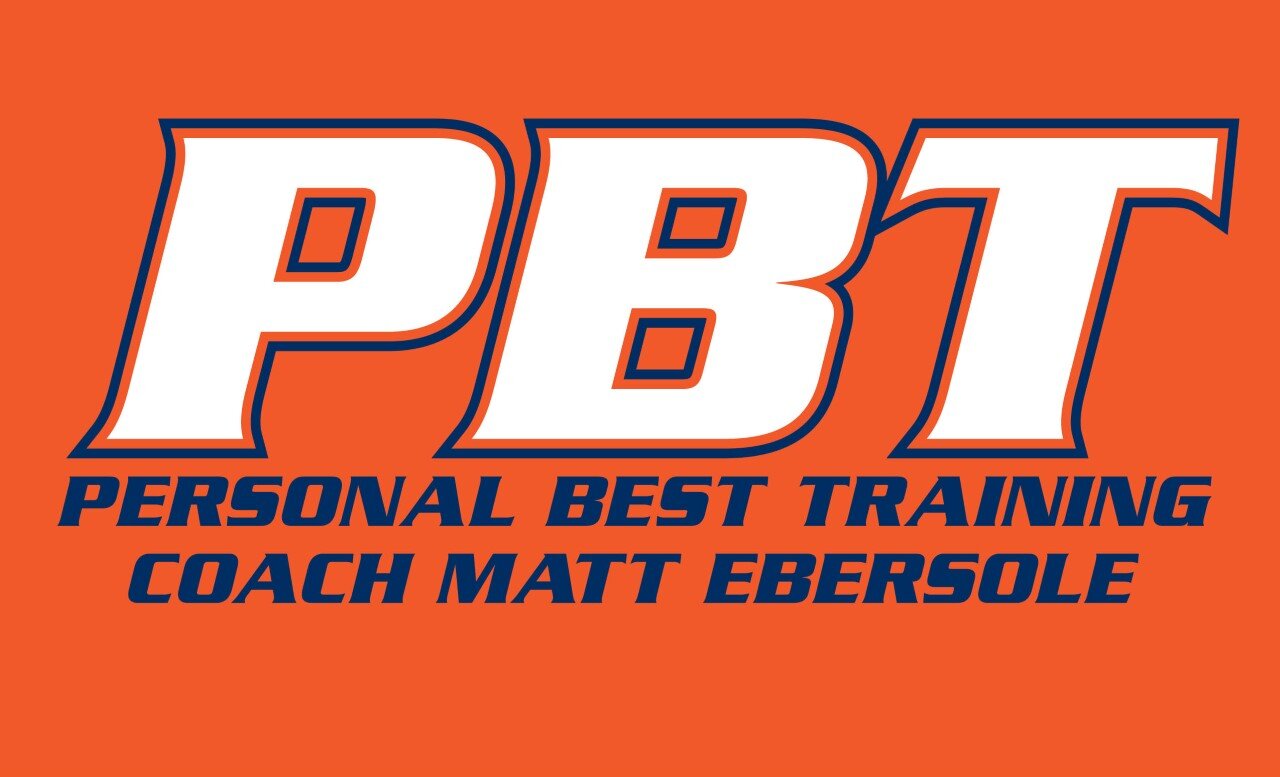In a recent post season review meeting, one of my runners expressed their realization that they would race better if they actually practiced racing as part of their training. Exactly! I have been amazed at the number of runners who assign no value to racing unless it is a marathon or half marathon goal race. As this is the time many begin to refocus on preparing for fall it seems like a really good time to lay out the reasons that actually racing may make you a better racer when it matters most.
1) Improving Running Economy, the energy cost of running a given pace, requires work at and above race effort. I know a t-shirt and a post-race Popsicle make this kind of hard work much more enjoyable than doing it in a workout. How many times can you really put forth 10 kilometers of maximum race effort in training? I would bet not many.
2) What happens when you pin on a race number? Some people lose their minds and do things they know are crazy even when they are doing them and cannot stop themselves. Learning what silliness may ensue after applying safety pins is a valuable lesson.
3) Learn to quiet the noise. The ability to quiet the head noise and relax, focus, and push simultaneously takes game day practice and is an irreplaceable tool on the big day.
4) In-race decision making separates the fit and those that cash in their fitness. You can count on something going awry on race day. Weather, course, late start, bad pacer, misplaced aid station or mile marker and so many other things can fail to be ideal. Knowing what works when plan A is no longer in play makes the most of what the day offers.
5) Big races present logistical challenges walking out the door or driving to the park do not. How much time to allow to get to the race, for packet pick up, warming up, gear check, endless bathroom lines, chaotic starts, cheering fans, hovering helicopters, and the list that goes on requiring some live rehearsal so you can focus on the one thing that matters most -the actual race.
6) Racing tests your nutritional plan by requiring digestion with the added butterflies in the stomach, heavier breathing, magnified dehydration, and the additional energy requirements of maximum effort and increased distance. The things that work well for lower intensities and shorter durations may need tweaking for your best performance.
7) Racing's purity is about finding your limits. How fast can you get to the finish? How hard can you push your competition before one of you breaks? How hard can you go for how long? Training prepares you for these challenges but only racing will give you the answers.
So how much should you race to get the full training benefit? It will certainly vary but a good rule of thumb for an 18 week marathon buildup would be about 5 races (~1/2 Marathon, 15K or 10M, and 3 x 5K-10K). For a 13 week half marathon buildup 4 races would be good (15K or 10M, and 3 x 5K-10K). For distances shorter than a half marathon averaging a race every 3 weeks of varying distances would be great preparation. See you at the races!

